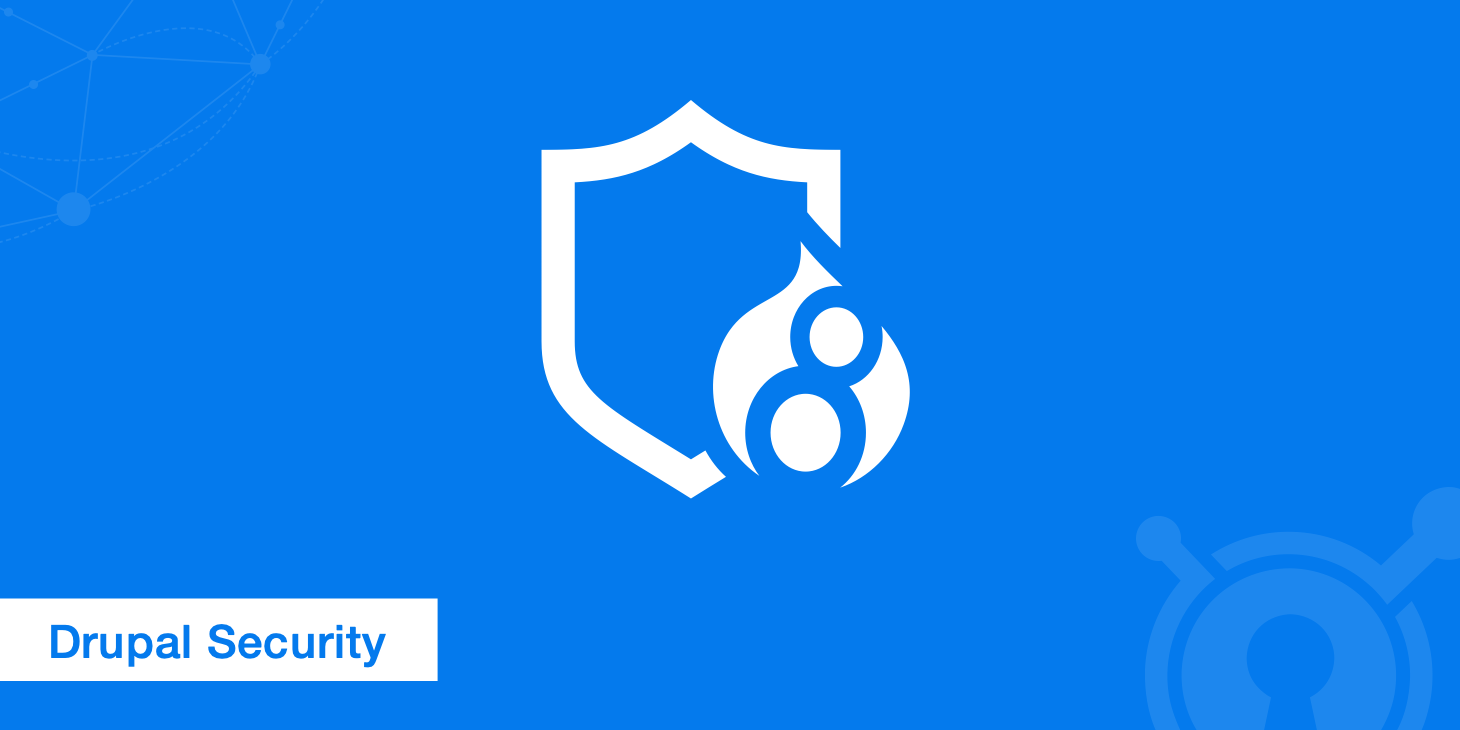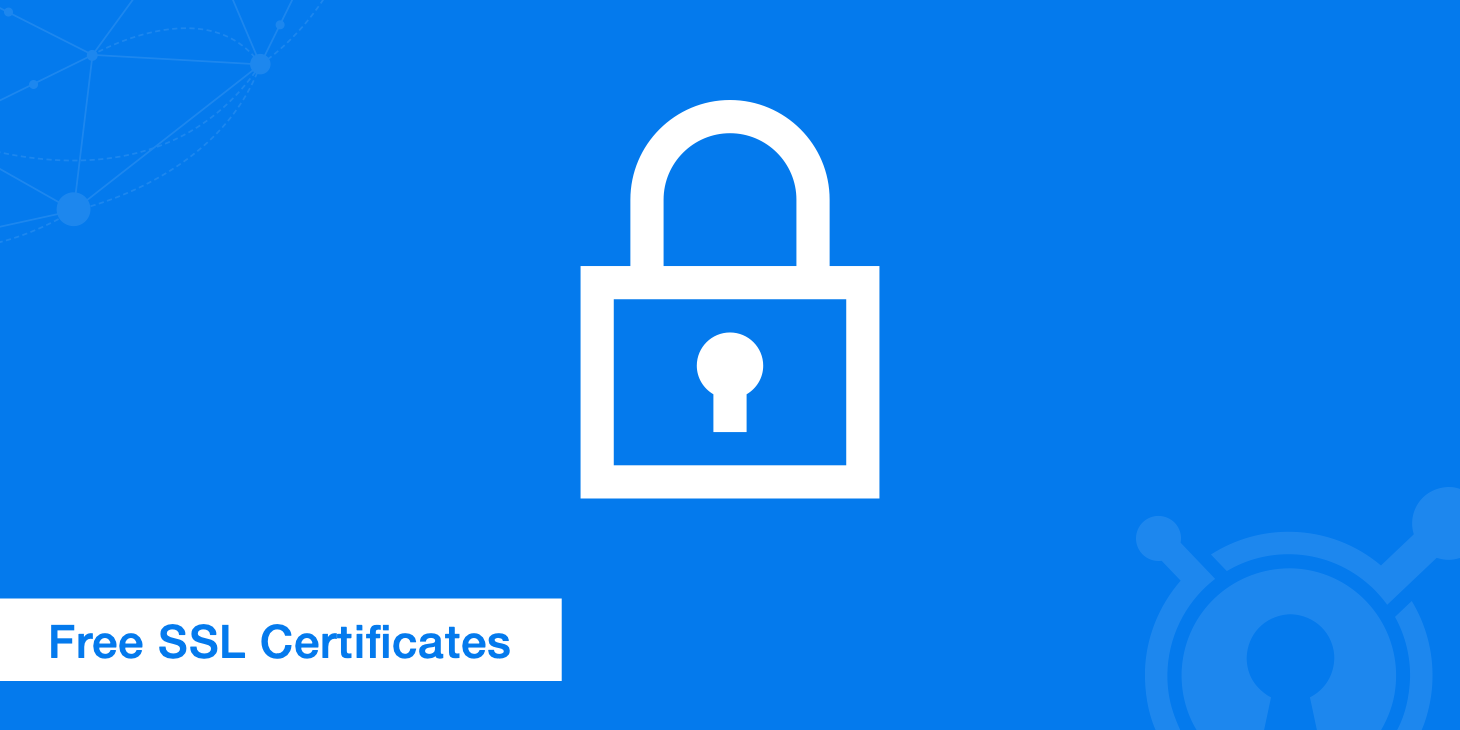
Complete Guide on Drupal Security
Drupal is an open source CMS and or framework that is used by at least 2.2% of all the websites on the internet, making it the 3rd most widely used CMS in the world. As with any major platform, additional security concerns also present themselves. Your risk of attack is greater and more vulnerabilities are constantly being discovered or exploited. Follow our complete guide below on what you can do to harden your Drupal security and help prevent yourself from getting hacked or becoming a victim of the next brute-force attack.
January 7, 2016 Read more